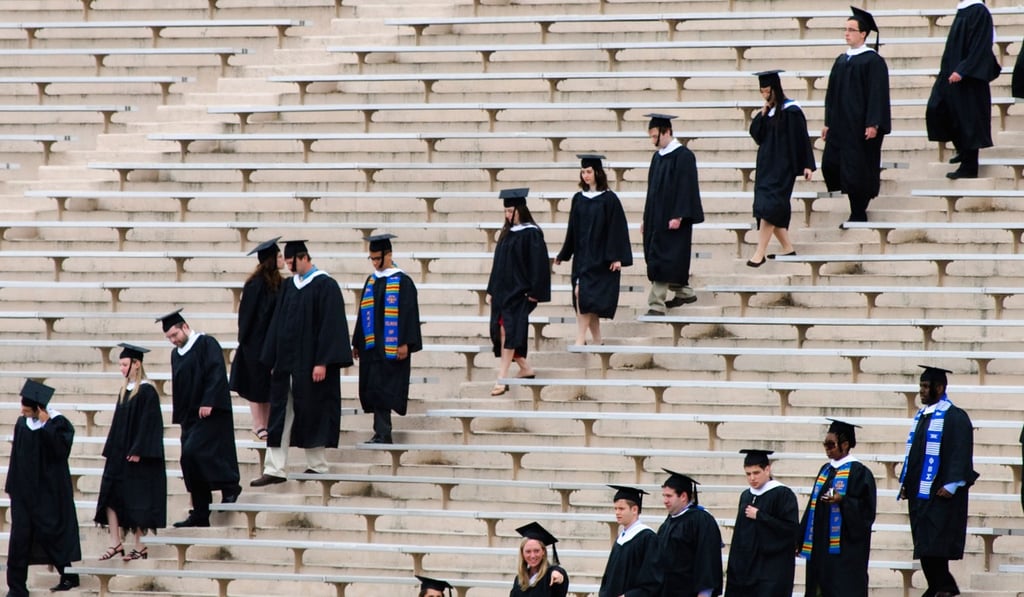On Reflection | Chinese students at a US university were told to speak English. Simple racism, or something more?
- Graduate students at Duke University were told they should speak English “100 per cent of the time” while on campus
- The incident has attracted deserved condemnation, but the true motivations behind it need to be examined

As a professor of ethnic Chinese origin myself (I am Singaporean) with 35 years’ experience teaching at the University of Michigan – which has scholarly links with China that go back well into the 19th century, and which for decades has had a large population of Chinese students and faculty – two things about the incident particularly surprised me.
First, international students’ significant presence on US university campuses, and their proclivity to speak with compatriots in their native languages, is well established. At my business school it is the norm to hear multiple languages spoken in the hallways and common areas. Most faculty and students enjoy the cosmopolitan ambience even though we cannot (and do not need to) understand what is being said. After all, American students in study-abroad programmes speak English among themselves, unless in foreign-language-immersion courses.
While English is the language of the American classroom – even where it is not the first language of professor or student – what language any individual chooses to use in private conversation outside is not subject to institutional or societal rules. It is part of “freedom of speech”, on which American universities happen to pride themselves.

